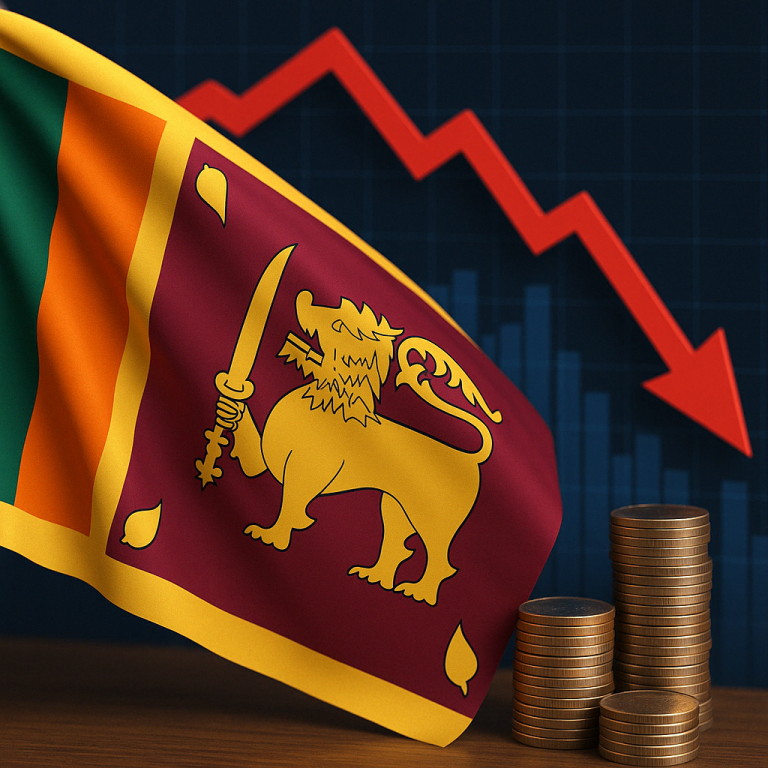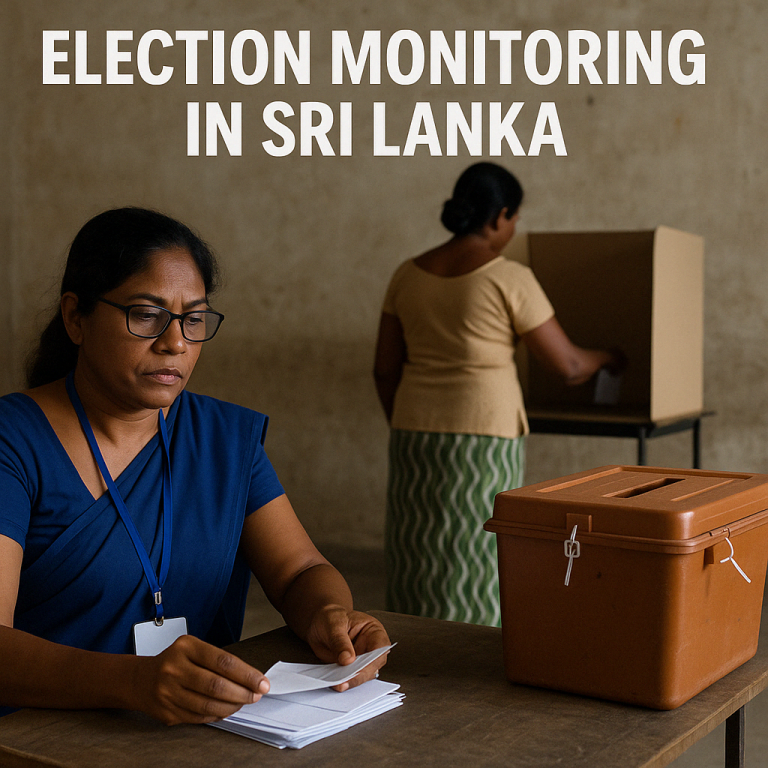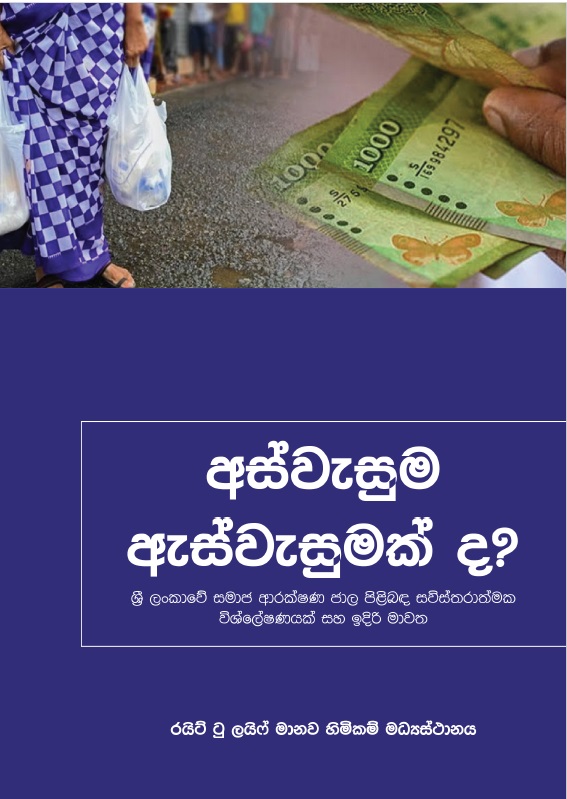The reimplementation of the controversial Parate Execution Law in Sri Lanka has sparked renewed debate across the business and legal sectors. The law, under the Recovery of Loans by Banks (Special Provisions) Act No. 4 of 1990, allows licensed commercial banks to auction properties mortgaged against loans without judicial proceedings if borrowers fail to settle dues. Finance companies, however, do not possess this power.
The process involves notifying the borrower of the intended auction, followed by public advertisements in all three official languages. Once sold, the bank recovers the owed amount—including auction costs—and returns any balance to the borrower. However, under the 2011 amendment, the law cannot be enforced on loans below Rs. 5 million.
Legal professionals remain divided on the fairness of this law. Bankers argue that since loans are issued using depositors’ funds, the law is essential to protect both the banking system and the broader financial ecosystem. Critics, however, highlight the devastating consequences for small and medium enterprises (SMEs), which make up 99% of Sri Lanka’s businesses and contribute to 75% of employment, according to Advocata Institute.
These enterprises, still reeling from the Easter attacks, the COVID-19 pandemic, and the ongoing economic crisis, face difficulties in repaying loans. While calls for debt relief for genuine businesses continue, there is concern that leniency may unfairly benefit wilful defaulters. Advocates stress the need for targeted support mechanisms and fair evaluation of borrowers’ circumstances.
Former Justice Minister Wijeyadasa Rajapakshe previously suggested that a major revision—or even a new legal framework—should replace the current law. Meanwhile, around 10 SME associations are collectively pushing for the continued suspension of parate executions, warning that nearly 300,000 entrepreneurs risk losing their assets if the law is enforced without reforms.
The previous administration suspended the law until December 15, 2024. President Anura Kumara Dissanayake’s government has extended this moratorium to March 31, 2025, with stakeholders urging further extension until the end of the year. They cite high interest rates, poor sales, and increasing raw material costs as justifications.
In 2023 alone, over 1,750 properties belonging to SMEs were auctioned under the law, with Rs. 150 billion of SME loans among the country’s estimated Rs. 2 trillion in non-performing loans. The Bankers’ Association has invited distressed SMEs to discuss loan restructuring options, provided they submit viable business plans. Yet, as of March 27, only about 500 businesses had approached banks for such support, according to Central Bank Governor Nandalal Weerasinghe.
By a staff journalist







